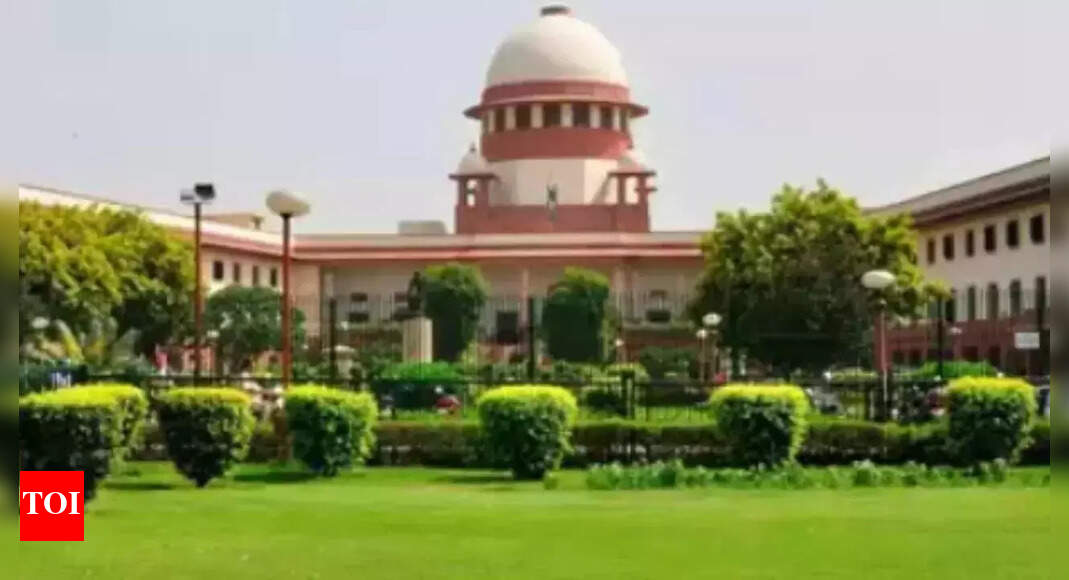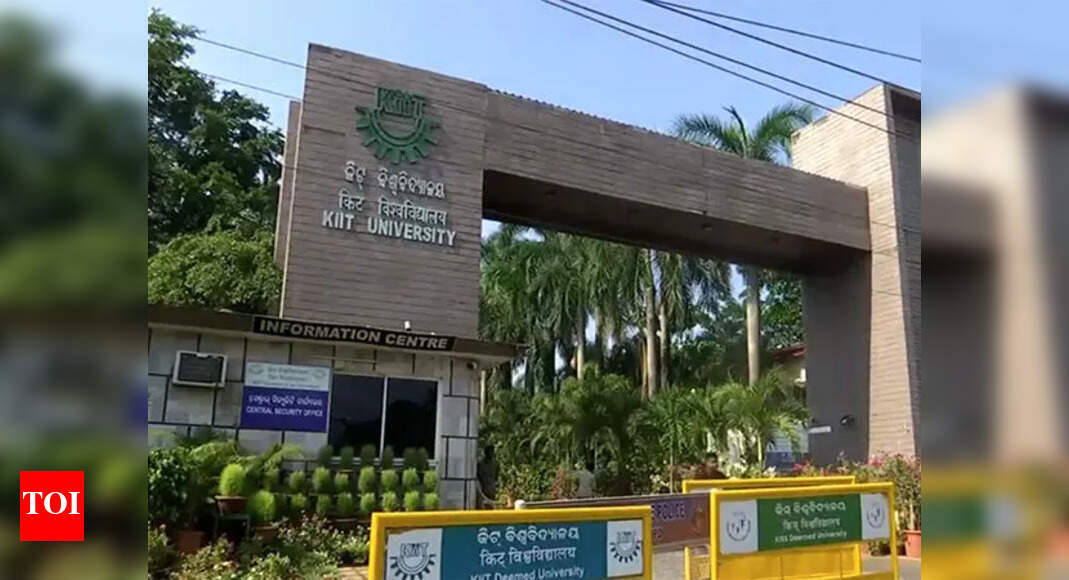Now Reading: Supreme Court Rejects Goa Govt’s Plea on TCP’s Section 17(2), ODPs
-
01
Supreme Court Rejects Goa Govt’s Plea on TCP’s Section 17(2), ODPs
Supreme Court Rejects Goa Govt’s Plea on TCP’s Section 17(2), ODPs

Quick Summary
- Supreme Court Decision: Supreme Court declined relief to the Goa government on the high court judgment concerning Section 17(2) of the Town and Country Planning Act, 1974, and two outline advancement plans (ODPs) for villages in Calangute-Candolim and Arpora-nagoa-Parra.
- High Court Rulings:
– In March, the high court invalidated rules of Section 17(2), citing “public interest.”
– In June, it set aside ODPs for five villages – calangute, Candolim, Arpora, Nagoa, Parra – mandating adherence to Regional Plan 2021 instead.
- Supreme Court Directive: The apex court bench ordered “status quo,” halting construction activities related to these matters until appeals are resolved.
- Details on Appeals: Over 60 respondents involved in government-filed special leave petitions (SLPs). The matter is scheduled for august 26 deliberation.
- Legal Portrayal: Senior advocates S Murlidhar and Shoeb Alam represented Goa Foundation.
Indian Opinion Analysis
The Supreme Court’s decision to decline immediate relief signals a judicial emphasis on preserving transparency in planning regulations amidst allegations of irregularities under Section 17(2). By maintaining a “status quo,” the court ensures that no further construction activity tied to contested plans will proceed until legal challenges are conclusively addressed. This temporary stasis impacts developmental efforts but underscores accountability as key planning principles come under scrutiny.The high court’s insistence on following Regional Plan 2021 reiterates its prioritization of systematic urban planning over potentially opaque or ad hoc schemes like ODPs. Given these judgments involve public interest litigations filed by multiple stakeholders (including Goa Foundation), the case reflects broader concerns with governance in sensitive areas characterized by tourism-driven growth.
For India more broadly, this case highlights how judicial intervention may help ensure sustainable development practices that align with regulatory frameworks across states. As litigation unfolds further during scheduled hearings in August, long-term implications could inform similar territorial disputes nationwide regarding planning law enforcement policies.






















